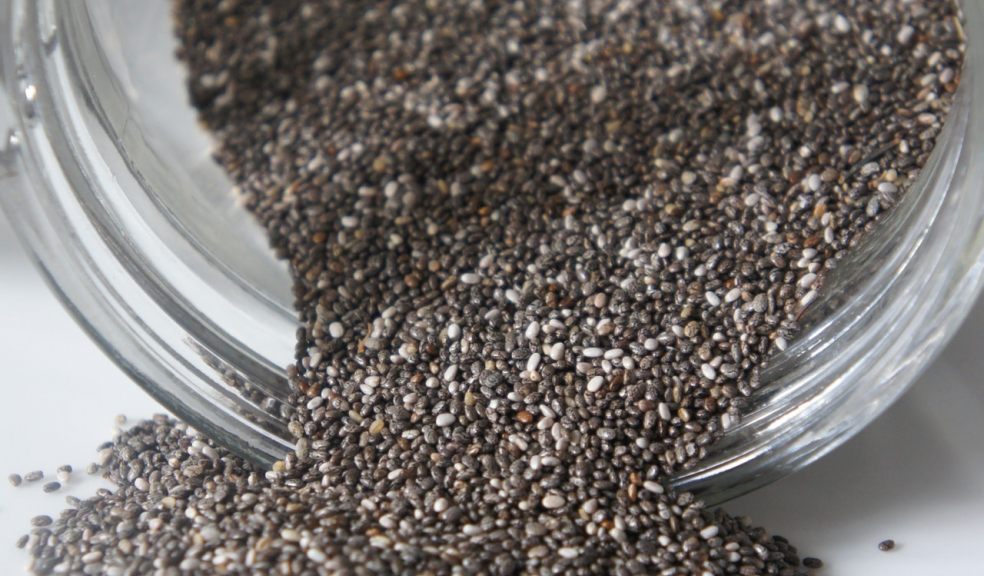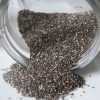
Unique business Idea: What to know before starting a seed bank?
Do you want to do something more than just making money? Why not do something that not only makes you money but preserves food as well? Well, it is possible if you start your little seed bank. It might be challenging to reach the success and recognition level of big players like the theattitudeseedbank or Barney's Farm; there is nothing wrong with taking a step and trying something different. This article talks about how to start your seed bank at your home, and what are a few things you should keep in mind.
What Is a Personal Seed Bank?
If you are confusing it with seed saving that many farmers do, you are wrong. In seed saving, farmers save and store seeds for using them in the next growing season. A seed bank tends to store seeds for a lot longer, especially for a case of food scarcity or crop extinction. And the way this world is progressing, that day might not be far.
How to Start a Personal Seed Bank?
Before starting a personal seed bank, you need to figure out what seeds you want to preserve. When you are starting, you might consider the seed bank for personal use and preserve seeds of fruits and vegetables that are loved by you and your family. However, since you are looking at it as a business, you need to focus on seeds that also have considerable business potential. Try looking for seeds of produce that are high in demand but low in supply. One thing to take note of is to avoid saving hybrid seeds as they are sterile and have different properties compared to the parent plant. Once you have a lot of seeds in your storage, you can start selling them.
How to Store Seeds?
Wet Seeds: Wed seeds are the seeds found in fruits and vegetables that contain liquids, i.e., fleshy vegetables. When wet plants fall, they rot because of fermentation. When it comes to preserving seeds, you need to imitate that process to make them viable for upcoming years.
To mimic this process, you start by removing the seeds from the fleshy part of the fruit or vegetable, and then keep it in a bowl of water for a couple of days. This process will promote fermentation in the seeds, which will separate the good seeds from the bad ones. In addition, keeping seeds in water also removes molds and other germination-inhibiting substances. The good seeds will sink whereas, the bad seeds and other substances will float. Then, filter the good seeds, dry them thoroughly, and keep them in a freezer to kill the remaining pests, if any.
Dry Seeds: Dry seeds are found in plants that are not juicy, for example, peas, herbs, beans. Allow these seeds to dry completely on the plant itself. You can also use solar ovens and dry rooms for accelerating the drying process. After drying the seeds, remove outer coverings/chaff/shells of the seeds. If the seeds are teeny, try placing the head of the plant in a bag and shake with mediocre force. The seeds will stick in the bag as they fall out.
How to Store Seeds for the Long-Term?
One of the primary things to check is that the containers you will use to store seeds are air-tight, and will keep moisture, bugs, and rodents from entering inside. Airtight containers like mylar bags and mason jars are ideal for the purpose. Moreover, you should add powdered milk or silica gel to absorb any moisture that enters the container. A bonus tip- label the containers to know what you are planting. Lastly, store the containers in a cool, dark, dry place.
Test Seed Viability before Planting
Before you plant your seeds, it is essential to test whether they are viable or not. Before planting, put some seeds into a damp paper towel and place it in a plastic bag. Keep a small opening in the plastic bag for air, and keep the whole setup in a warm, well-lit room. If the seeds start to sprout, they are viable and ready for planting. Ten seeds are sufficient for testing and determining the fermentation rate.
Sharing is Caring
If your friends, family, or neighbors have a garden, you can plant some seeds in their gardens, too, and share various varieties of seeds with each other. Or, you can also work in a barter system in which you will use a neighbors help, garden, or equipment and will return seeds as a payment.
Conclusion
Seed banks might not be the biggest business idea that makes you millions, but it is a unique way to not only make some money but preserve food for the future as well. Seed bank business is easy to start, and there is no way you can end up in a loss. Either you will make profits, or you will save seeds, it is a win-win situation.














